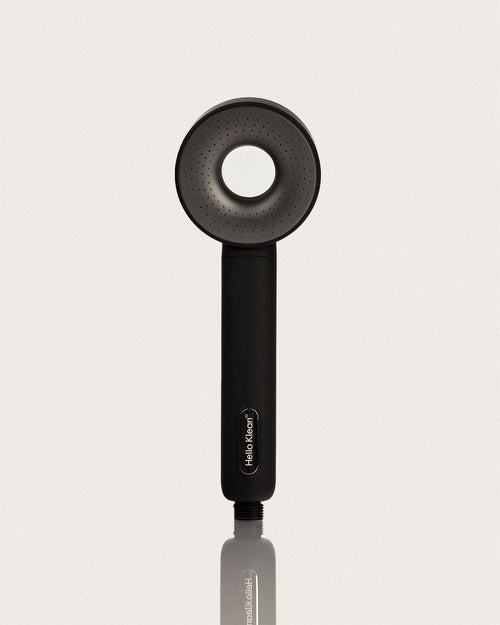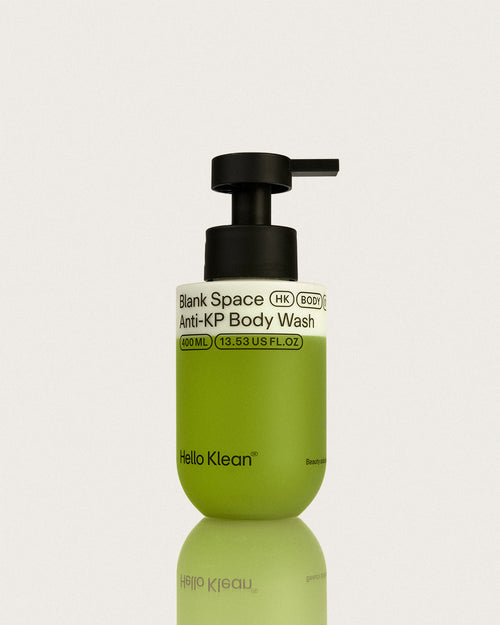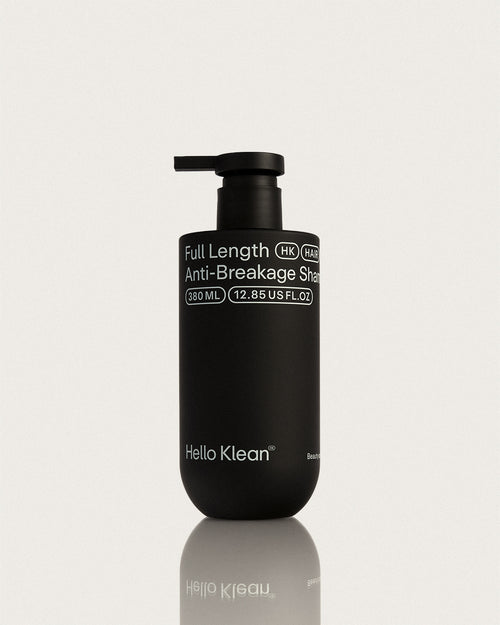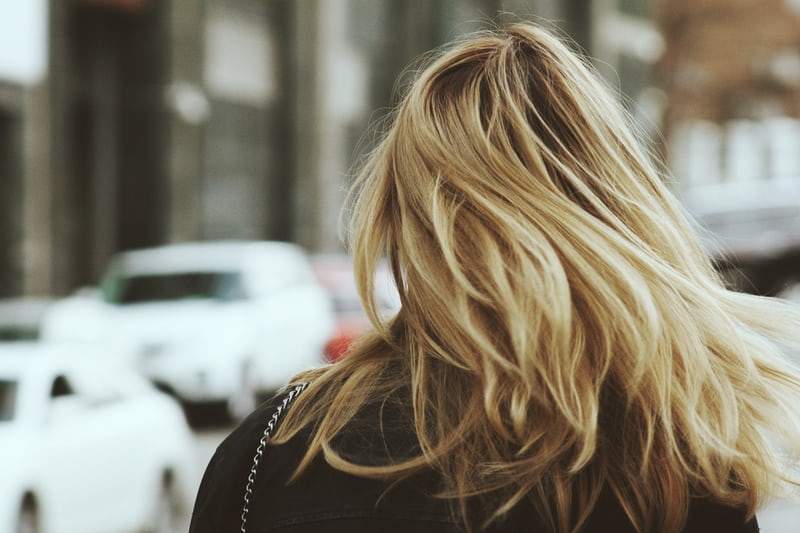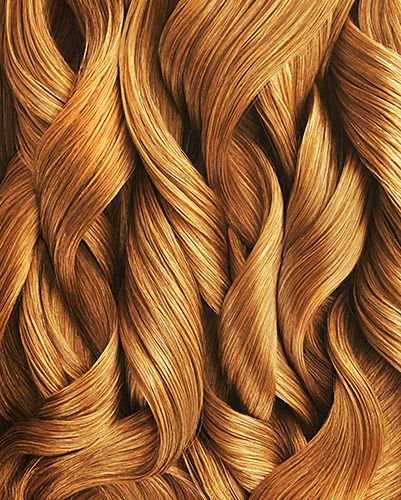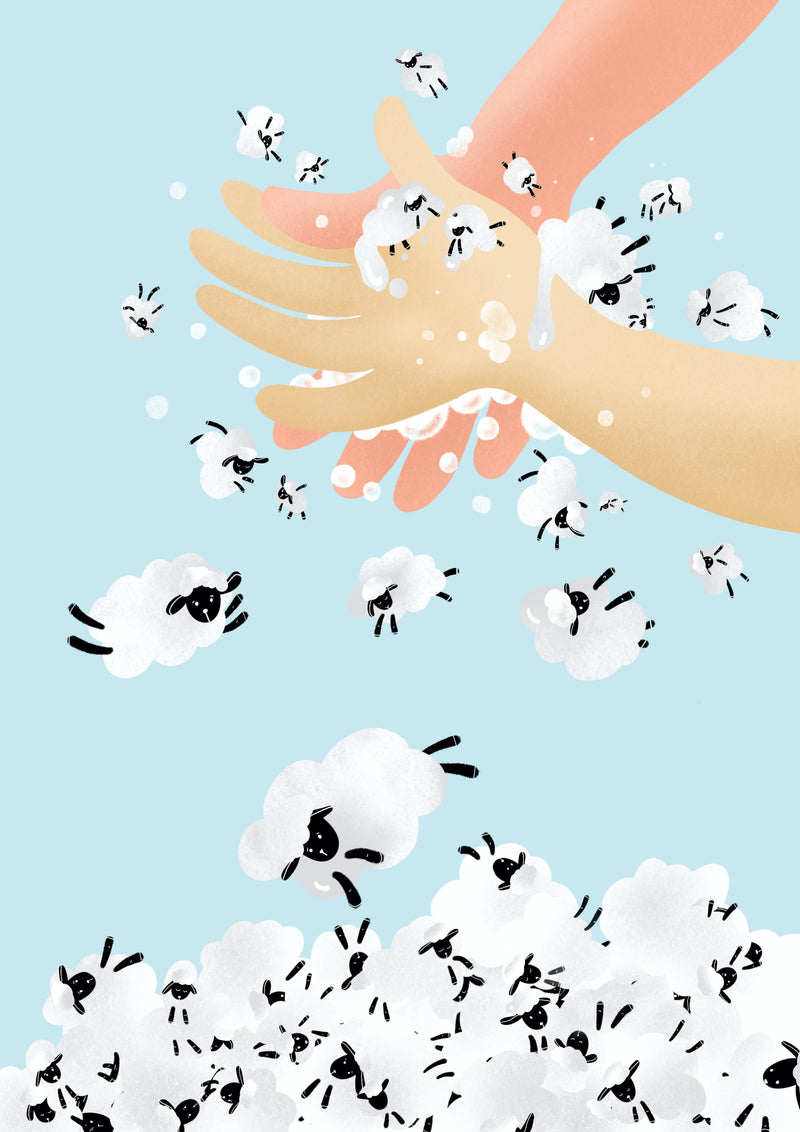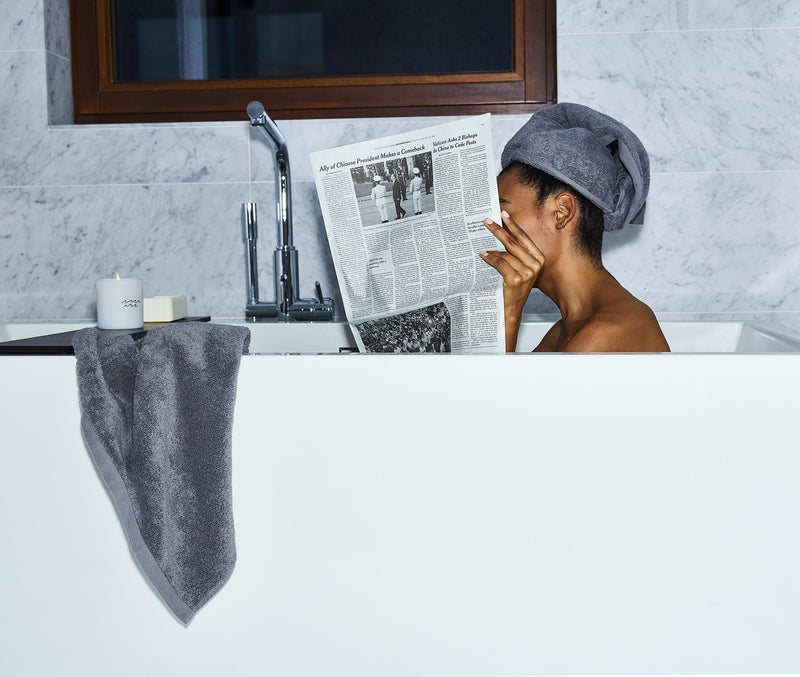Winter cold forces you to turn up the heating indoors and in the shower. Hotter weather and water subsequently strips moisture off from your skin and scalp, leading to dryness, static, and dullness.
Healthy scalp = healthy hair. Growing hair spends two weeks beneath the surface in your scalp, and this is where it needs to be nourished. Your hair strands are like plants, and their soil needs to be healthy for the strands to be healthy.
DRYNESS
Your scalp is the foundation of full and strong hair. A dry scalp would not be able to nourish the hair follicles. That is why it is essential to keep it well moisturized, regardless of what kind of hair you have (and yes, even if it is oily).
Your scalp becomes drier due to the cold temperatures and lower humidity due to indoor heating. Stripped of natural oils, your scalp is more prone to irritation and dandruff. In more severe cases, the dry scalp can lead to clogged hair follicles, which causes hair loss.
What's worse? If you live in an hard water area, your tap water is packed with minerals such as iron, aluminum, copper, lead, mercury, and other impurities. The metals weaken your hair and give you a weighed down feeling.
Additionally, over-styling your hair with hot tools further damages your scalp and contributes greater to these unwanted consequences. The American Academy of Dermatology recommends coloring, perm or straightening treatments 8 to 10 weeks apart.
However, it is not easy to wait for 8 weeks if your hair needs coloring regularly. That is why a shower filter would come in handy to keep your scalp better moisturized and ready for a treatment cycle. The media in the filter will attach to the harmful elements in the water and eliminate damaging chemicals, metals, and impurities, keeping the moisture off your scalp, giving you stronger hair.
STATIC
Static, aka fly-aways, are a side effect of winter. Your scalp and hair is dryer and you are exposed to more electricity inducing materials such as wool and other synthetic material.
You can use a vented hairbrush with metal bristles instead of plastic or a wider toothed comb. Furthermore, Trichologist Philip Kingsly says, “Hydrated hair is elastic and does not break as easily. Lots of broken hairs can give you the appearance of dull and frizzy hair, and hair that’s all different lengths tends to stick out in odd places.”
Dermatologist Wilma Bergfeld of Cleveland Clinic, recommends using a conditioner that’s specific to your hair type as it will help bind the hair fiber together and keep it from frizzing and static. Nonetheless, “Using a hair conditioner with silicone ingredients coats the hair too much and make it dull and lifeless,” says hairstylist Arsen Gurgov. Once again, life is about moderation, even if it is a hair conditioner.
DULLNESS
Hot tools are not the best friends of the hair. However, drying hair in winter is a must, not just because you would be compromising your immune system but also stepping outside wet makes it brittle and causes slips ends. Many hairstylists are against going out with wet hair in winter.
“The water penetrates the hair shaft, and if that water comes down to freezing temperature, it expands in volume, forcing the hair shaft to expand, lifting the cuticles and leaving the hair exposed to environmental damage.” says hairdresser Jason Collier who has many celebrities as clients.
Winter is harsh on hair and skin. Hair and skincare products must be chosen carefully and used in moderation to keep a healthy balance. Remember, a healthy scalp is an ultimate basis for healthy hair.
